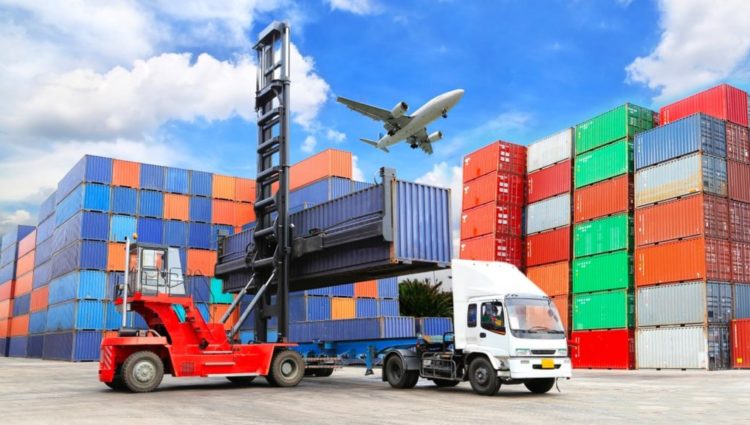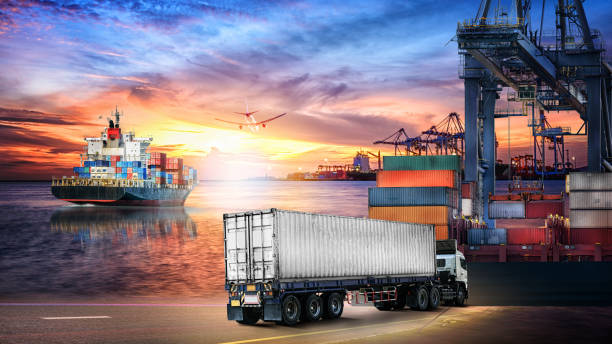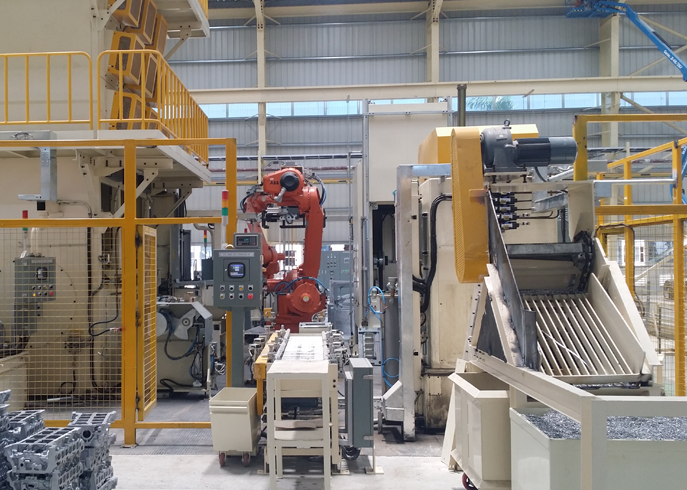Indonesia, the world’s largest archipelago, relies heavily on cargo expeditions to connect its more than 17,000 islands and support its growing economy. The country’s vast geography, spanning thousands of kilometers across diverse terrains and waterways, makes efficient logistics a cornerstone of national development. Cargo expeditions in Indonesia play a vital role in transporting essential goods, fostering regional trade, and linking remote areas with global markets. From daily necessities to industrial products, the cargo industry ensures that the flow of goods remains uninterrupted, despite the logistical challenges posed by such a sprawling landscape. This intricate web of connectivity has become a lifeline for businesses and communities alike.
The logistical complexities in Indonesia arise from its unique geography, where oceans, mountains, and jungles create natural barriers to transportation. As a result, sea freight remains the most dominant mode of cargo transportation, with Indonesia’s extensive network of ports serving as vital hubs. Major ports like Tanjung Priok in Jakarta and Belawan in Medan handle significant volumes of domestic and international trade, while smaller ports facilitate the movement of goods to remote islands. Air freight is also crucial, particularly for high-value or time-sensitive cargo, as it ensures rapid delivery to even the most isolated regions. This multimodal approach, combining maritime, air, and land transport, is essential for overcoming Indonesia’s logistical challenges and maintaining supply chain efficiency.
In recent years, technological advancements have revolutionized the cargo expedition industry in Indonesia, driving greater efficiency and transparency. Digital tracking systems allow businesses and consumers to monitor shipments in real time, reducing uncertainties and improving customer satisfaction. Automation and data analytics are helping logistics providers optimize routes, manage inventory, and predict demand patterns more accurately. Furthermore, the rise of e-commerce has significantly influenced the industry, with companies expanding their networks and investing in last-mile delivery solutions to meet the demands of online shoppers. These technological innovations have not only streamlined operations but also positioned Indonesia’s cargo industry as a competitive player in the global logistics market.

Government initiatives have played a pivotal role in addressing the logistical challenges faced by Indonesia and enhancing its ekspedisi cargo muat capabilities. Programs such as the “Sea Toll Road” aim to improve connectivity between islands, reduce logistics costs, and promote equitable economic development. By subsidizing shipping routes and upgrading port infrastructure, the government seeks to bridge the gap between developed urban centers and underserved rural areas. These efforts have had a transformative impact, enabling remote communities to access goods and markets while fostering regional economic growth. The government’s commitment to strengthening infrastructure underscores the importance of cargo expeditions in achieving national development goals.
As the cargo expedition industry grows, there is an increasing emphasis on sustainability and reducing its environmental footprint. The sector’s reliance on ships, trucks, and planes contributes to greenhouse gas emissions and environmental degradation. To address this, logistics companies are adopting green practices, such as investing in energy-efficient vehicles, optimizing delivery routes to reduce fuel consumption, and exploring the use of renewable energy. Sustainable packaging and waste reduction initiatives are also gaining traction as businesses strive to align with global environmental standards. These efforts not only mitigate the industry’s ecological impact but also enhance its reputation among environmentally conscious consumers and international stakeholders.
In conclusion, cargo expeditions are the backbone of Indonesia’s economy, enabling the seamless movement of goods across a challenging and diverse landscape. The industry’s ability to adapt to geographic, technological, and environmental demands ensures its continued relevance in a rapidly evolving market. As Indonesia deepens its integration into global trade networks, the role of cargo expeditions will only grow in significance. By embracing innovation, government support, and sustainable practices, the sector is well-positioned to drive economic growth and enhance connectivity across the archipelago, ultimately bridging islands and opportunities for generations to come.



